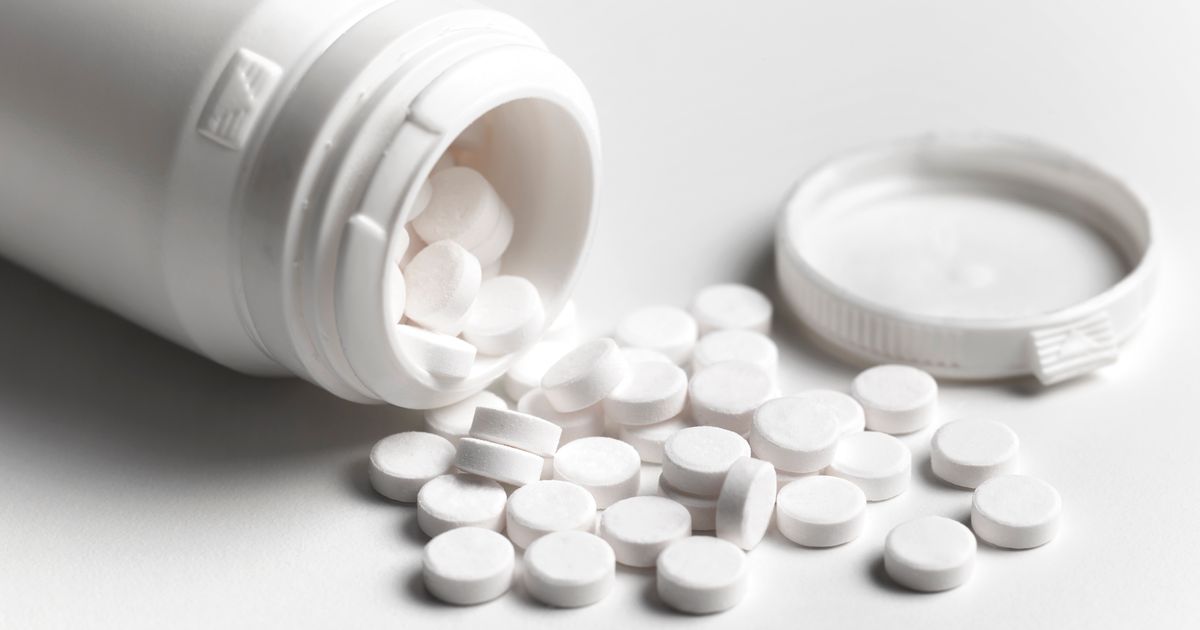The pills are banned or restricted in countries including Greece, Thailand, France and Mexico and in some states could see you jailed It is a common medication in the UK
It is a common medication in the UK
A pharmacist has warned millions of people who take a common pill available over-the-counter in the UK that it is banned or tightly restricted in a number of countries, including Greece and France. Cocodamol is regularly taken by millions of people in the UK and is available to buy in shops – as well as being prescribed to 3.5million people.
In the UK, you can buy Co-Codamol in doses of up to 12.8 mg without a prescription – and get stronger doses with a doctor’s permission.
But the drug is classed as illegal in Greece, and is only available with a prescription. It is completely banned in Ethiopia, and in the UAE or China, you risk jail for having it. In Thailand, it is a category 2 narcotic. In Indonesia, Qatar, Singapore and Japan, it is regulated or banned without specific licences or forms.
Taking Co-Codamol into Mexico is banned – even with a prescription.
The drug has required a prescription in Australia since 2018 and also needs a prescription in France, Italy, India, Romania, Ireland, Canada, USA and Germany. Several EU countries allow low-dose OTC codeine (up to ~12 mg per unit), but under pharmacist supervision: Bulgaria, Cyprus, Denmark, France, Ireland, Latvia, Lithuania, Malta, Poland, Romania and Slovenia.
Peter Thnoia, Superintendent Pharmacist at PillTime, said: “Know the rules of the country you’re travelling to, because you’d be surprised how many everyday tablets are banned or regulated abroad. For example, Co-Codamol is available over the counter and in supermarkets here in the UK. But in Greece, the codeine element is treated as a controlled drug – so you can only bring it into the country with a prescription and a doctor’s note.”
He added: “If you’re unsure on whether your medication is under restricted use in the country you’re travelling to, then check the official embassy website for your destination. It will explain exactly what you can – and can’t – bring into the country. It’s always best to be safe and check before you travel, so that you have all the essential medication you need to make sure your holiday is as enjoyable as possible.”
Peter also advises travellers to carry medication correctly to avoid issues at security or border control. He said: “Always keep your medication in your hand luggage, in its original packaging with the prescription label intact. Security staff may need to verify it, especially if it’s liquid or regulated.
“If you’re unsure, ask your doctor or pharmacist for a supporting letter. This can be especially helpful when travelling with larger quantities.”
